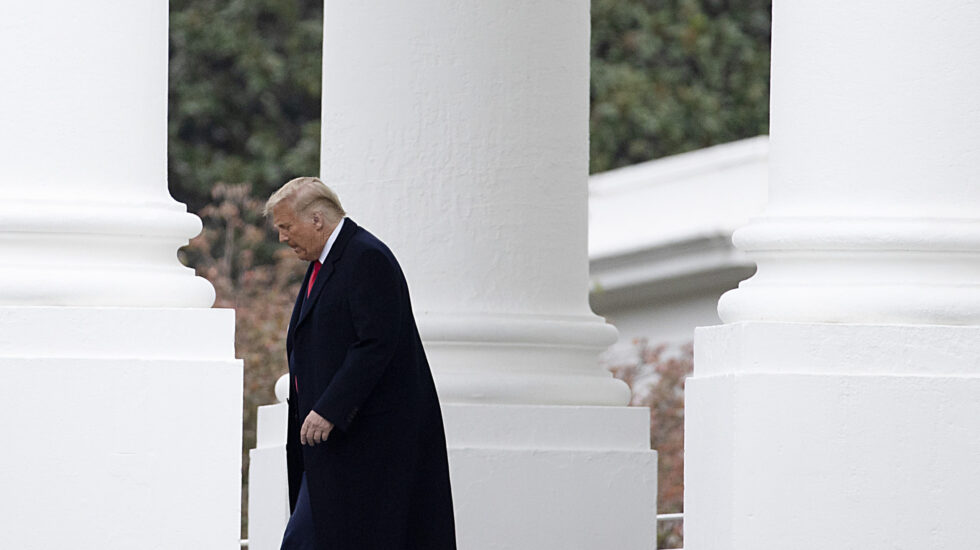Donald Trump lost the November election in large part because he “suffered from voter perception that he wasn’t honest or trustworthy and that he was crushed by disapproval of his handling of the coronavirus pandemic,” reports Politico, citing an internal analysis by Trump’s chief pollster.
The 27-page report undercuts the ex-president’s ongoing false claims that he was the victim of election fraud, Politico says.
The analysis — a kind of political autopsy — was written by pollster Tony Fabrizio, a Trump campaign insider.
“Trump’s personal behavior, the autopsy makes clear, contributed to his defeat,” Politico says, but the pandemic “registered as the top issue among voters, and … [Joe] Biden won those voters by a nearly 3-to-1 margin.”
Fabrizio further notes that “while Trump spread baseless accusations of ballot-stuffing in heavily Black cities … he was done in by hemorrhaging support from white voters.”
The findings are based on election exit polling in 10 states.
“Five of them — Arizona, Georgia, Michigan, Wisconsin and Pennsylvania — are states that Trump lost after winning them in 2016. The other five — Florida, Iowa, North Carolina, Ohio and Texas — are states that Trump won in both elections,” the report says.
Trump suffered “decisive reversals” with several demographic groups that had supported him in 2016. They include nearly every age group, but particularly older white men, who were key to propelling Trump to victory in that election.
“In the five states that flipped to Biden, Trump’s biggest drop-off [in 2020] was among voters aged 18-29 and 65 and older,” Politico says.
“Suburbanites — who bolted from Trump after 2016 — also played a major role,” the website says, noting that the former president suffered a “double-digit erosion” with white college-educated voters.
“Within Trump’s inner circle, Fabrizio had long espoused the belief that Trump needed to prioritize the pandemic in order to win re-election,” Politico says. Instead, Trump emphasized the economy and mocked the idea of mask-wearing to blunt the spread of the coronavirus.



